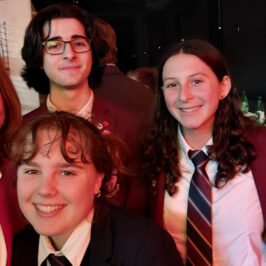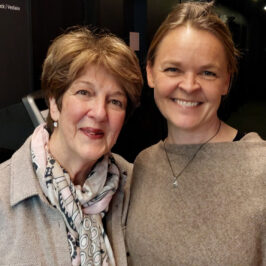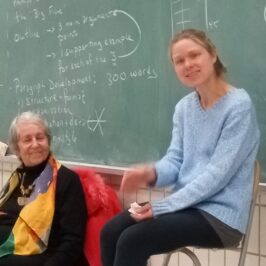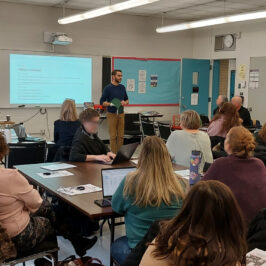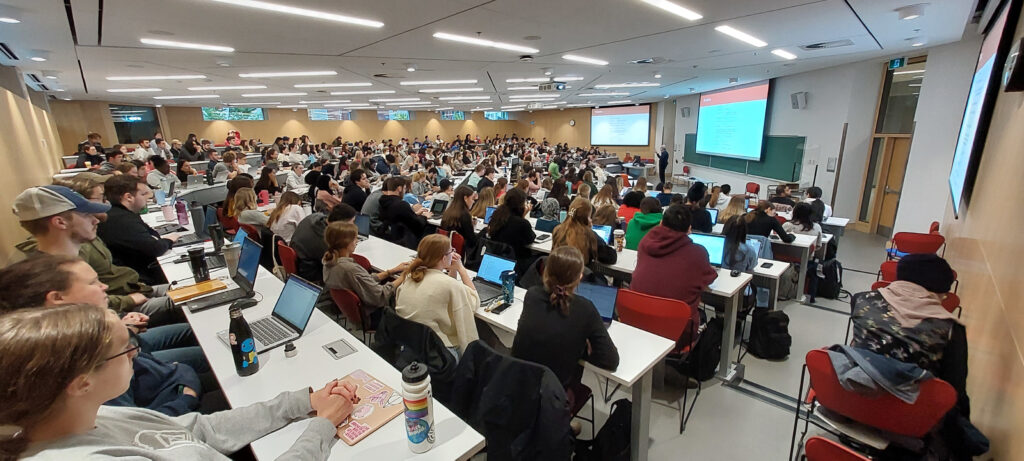
By Marion Silver
Six-hundred and fifty future students from the Department of Teachers Education at the Faculty of Education at the University of Ottawa listened with rapt attention as Tibor Egervari recounted his experiences as a Holocaust survivor on October 10th and November 2nd. This is the second year Tibor has been invited to share his Holocaust survival story with soon-to-graduate teachers in our schools.
Egervari began his discussion with a timeline of events describing developments leading up to World War II and explaining how the Nazis were able to rise to power in Germany following its defeat in World War I. He described how the Nazis instilled a renewed sense of pride in Germans by pinning the blame for their misfortunes on Jews who were deemed a breed inferior to the Aryan master race. While the activities of Kristallnacht on November 9th and 10th, 1938, are often considered to be the turning point in the downward spiral that led to the Holocaust, he illustrated how Jews had gradually lost more and more of the rights they had gained in the past.
Egervari then turned to his own story of survival in his native Hungary. He related that at the beginning of the war Hungary and Germany were allied. In 1944, when it became apparent that Germany was losing the war, Hungary switched allegiances and made a separate peace with the Allies. Until that time, the Hungarian Jews, some 800,000, were living in relative calm. Egervari pointed out that access to news was very limited and Hungarian Jews were not fully aware of events in the rest of Europe. When Hungary switched allegiances, the Nazis immediately began the roundup of Hungarian Jews and sent them to almost certain death in Auschwitz, the only working death camp still functioning.
Egervari’s father and brother were caught and forced to walk because there was no room for them on the train bound for Auschwitz. They did not survive the walk, and he never saw them again. His mother managed to obtain false papers and secured a job as a cook in a library.
Gabor Sztehlo, a wealthy Christian minister in Budapest, rescued hundreds of Jewish children, during the Holocaust, including Egevari. He housed them in villas he rented. Sztehlo was later named a Righteous Gentile by Yad Vashem in Israel.
Egervari concluded his presentation by pointing out that democracy, while messy at times, is the best protection against fascism. Democracy assures the separation of powers and guarantees freedom of expression, freedom of speech, and freedom of demonstration. Anti-hate laws cannot legislate feelings, only actions. He encouraged the students in their pursuit to become future educators. Following the presentations Tibor responded to questions from the students.
Each student was presented with a bracelet featuring the slogan Hope Not Hate and a book by Cantor Kraus z”l, courtesy of CHES. We thank Tracy Crowe, Program Specialist, Teacher Education at the Faculty of Education, for initiating and coordinating these events.


